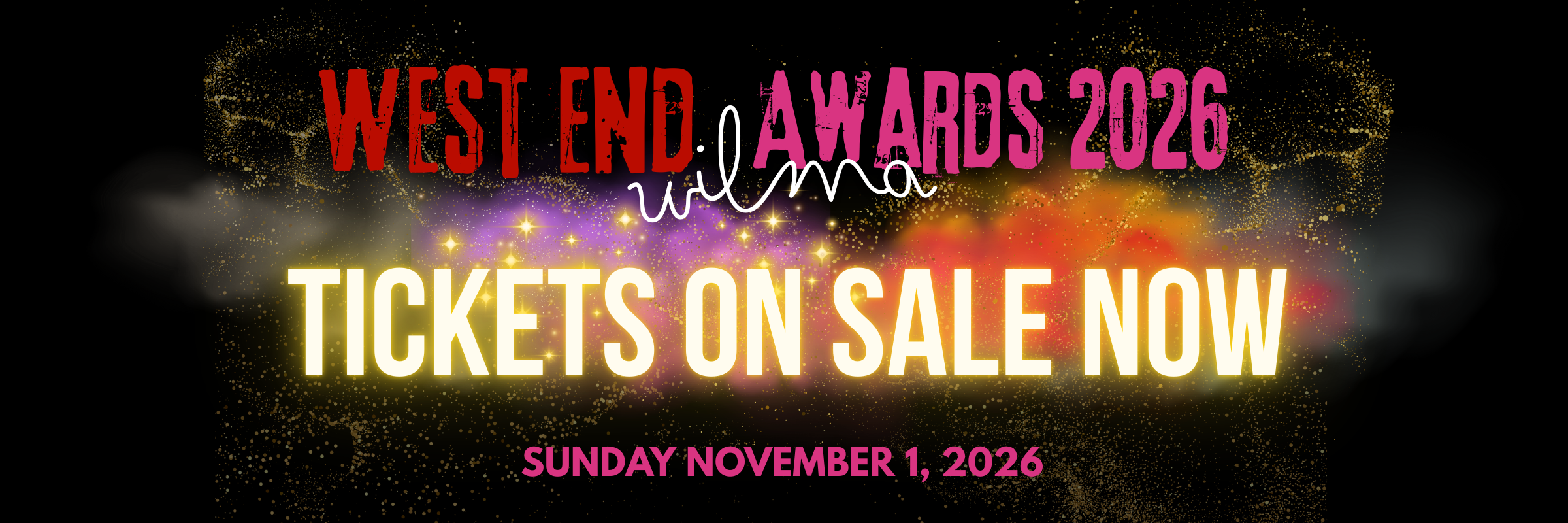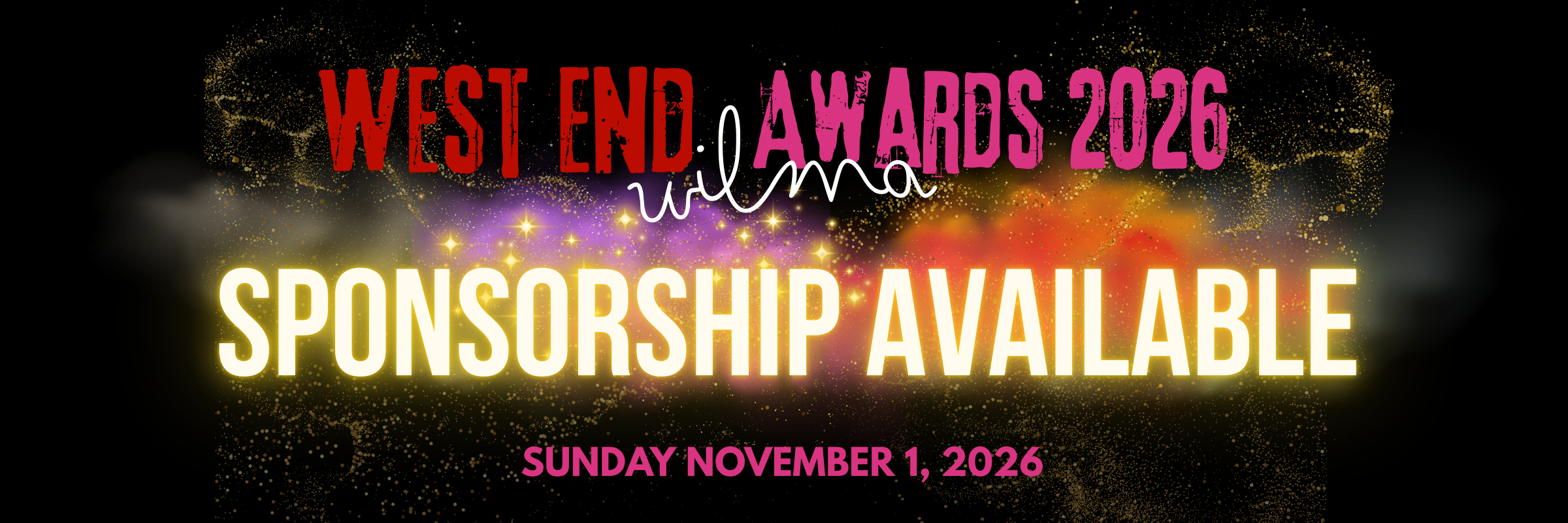
“If you’re hoping to live to be 85 or older, your chance of getting Alzheimer’s will be almost one in two. In other words, odds are you’ll spend your golden years either suffering from Alzheimer’s or helping to look after a friend or loved one with Alzheimer’s.” – Samuel Cohen, TED
Theatre that is socially relevant, in my opinion, is the most powerful kind of theatre there is. Following it’s Olivier winning run at the Tricycle Theatre (Kenneth Cranham – Best Actor) The Father has arrived at the Richmond Theatre, and is just that.
Kenneth Cranham (André) is electric. The play is at its best when he is on stage, and the rest of the cast come alive when playing across from him. Cranham is charismatic and charming and I took an immediate liking to him, which made the play even more heartbreaking as it progressed. He uses Florian Zeller’s hilarious yet honest script brilliantly to embody a character which demands to be represented accurately, as the play owes it to those who suffer from the illness to do it justice, and it does so in a touching and gentle way.
Often the silent victims of the illness are the family and friends of those suffering, and the relationship between Cranham and Amanda Drew (Anne) gives a glimpse into this side of the world. The sensitivity and love in their Father-Daughter relationship is balanced perfectly with comedy to keep such a serious topic still active and engaging rather than just dark and gloomy.
James MacDonald’s direction of Zeller’s script is extremely intelligent, and suddenly he has an entire audience seeing through the eyes of one man (we are seeing the world as André does, the man suffering from Alzheimers), which I found both beautiful and unsettling. MacDonald works with the sound and set to create this world we are seeing, in particular the increasingly distorted classical music in the scene changes, that were just one of the small touches made to keep us within the world of this play at all times.
The only times the play struggled were, as I previously mentioned, when Cranham was not on stage. Perhaps it is because of the several recent cast changes from the run at the Tricycle, but the show didn’t feel as together when Cranham was not involved in the scene. This probably wasn’t helped by the fact that I felt most of the scenes without André in them seemed less important to the plot on the whole, and therefore I was less engaged with the text.
Overall, The Father is a thought provoking, beautiful piece of theatre. I have no doubt that, as the cast begin to settle with each other, that the show will continue to be a huge success.
Reviewed by Kara Taylor Alberts (@karaalberts)
Photo: Mark Douet



